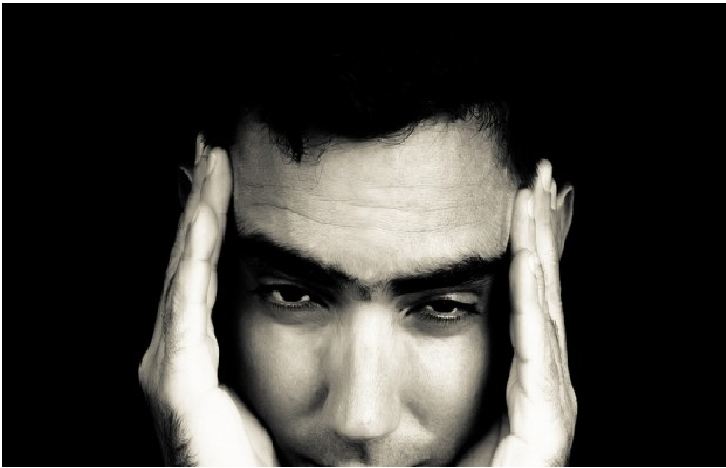
How does Migraine can affect your Brain
Overview of Migraines
Migraines are recurring types of headache and they may cause moderate or severe pain, which pulses or throbs. Even the pain takes place at a particular side of one’s head and an individual may suffer from other symptoms, which include weakness and nausea, while in some cases, become sensitive to sound and light. Depending on your stage of migraine, doctors recommend you Emgality a medication for migraines and simultaneously, suggest you bringing key changes in your daily lifestyle.
Migraine Symptoms
We know that migraine has different stages i.e. headache, aches, prodrome, and post-drome, because of which your symptoms may vary on a particular stage, which include-
Prodrome Stage
You may notice the following symptoms 1 day or 2 days prior to the prodrome stage of migraine-
- Mood swings i.e. euphoria to depression
- Constipation
- Cravings towards different food items
- Stiffness in your neck
- Frequent Yawning
- Increase in your urination and thirst
- Tramadol in usa
Aura Stage
When your migraine occurs with aura, you will experience visual disturbances, like light flashes or wavy and zigzag vision. Even aura results in motor, sensor and verbal disturbances.
Attack Stage
As the third stage of migraine, attack lasts for 4 hours to 72 hours in case it remains in an untreated condition. However, headache frequency varies among individuals. Besides this, you experience-
- Pulsing or throbbing pain
- Pain at a particular side or two different sides of the head
- Vomiting and nausea
- Sensitivity towards sound, light, along with touch and smell
- Fainting, blurred vision and lightheadedness
Postdrome Stage
Post-drome is the final stage associated with migraine attack and it forces you feeling washed and drained out. The condition lasts for 24 hours, during which a patient experiences-
- Moodiness
- Confusion
- Dizziness
- Sensitivity towards sound and light
- Weakness
Causes of Migraine
Most of the researchers have said that migraine is a genetic problem. However, there are many factors responsible to trigger a migraine, which includes-
- Anxiety and stress
- Hormonal changes
- Flashing or bright lights
- Strong smells
- Loud noises
- Inadequate or excessive sleep
- Medications
- Overexertion
- Sudden weather or environmental fluctuations
- Withdrawal from any of the caffeinated beverages
- Skipped meals
- Processed Meats
- Fermented goods
- Chocolate
- Yeast
- Additive type of food items
- Overuse of migraine medicines
Treatment to Cure Migraine
Until now, doctors are unable to come up with a single treatment solution to cure your migraine problem. However, the main objective behind providing treatment options is to prevent any full-blown type of attack and at the same time, to alleviate the occurrence of symptoms.
Medications to Manage Migraine Problems
Most of the individuals have succeeded to manage their migraine problems by following a specific medication for migraines course. These include-
Painkillers associated with Migraine
You should make sure to take painkillers at the early stage associated with the progression of your migraine problem. In this way, you may avoid developing a severe headache. Under painkillers, you may find many OTCs i.e. over-the-counter type of medicines, which prove to be effective to treat migraines. These are acetaminophen, ibuprofen, and naproxen, all of which are easily available over the internet. Beside this, you may opt for aspirin with caffeine as an effective painkiller to reduce or stop your headache/pain.
Triptans
In addition, you may intake triptans medication for migraines, which play a prime role to create your blood vessels constrict and in turn, block the pathways to cause or trigger pain in your brain. Common medicines in this category are rizatriptan, sumatriptan, naratriptan and so on.
Preventative Medicines to Avoid Migraine Triggers
Preventative medicines aim at reducing the pain level, frequency, and duration of your migraine headaches. In addition, these medications boost the overall effectiveness related to other therapies. These include anti-seizure medicines, cardiovascular drugs, pain relievers, anti-depressants and so on.
Side Effects of Migraine Medicines
In most cases, medication for migraines, especially when you overuse it or do not follow doctors’ instructions, you may deal with common side effects, which are-
- Stomach upset/stomach disorder
- Nausea and vomiting problems
- Trouble in falling asleep or insomnia
- Nervous feeling
- Certain allergic reactions on the skin
Conclusion
Before you should intake any medicine, whether painkillers or preventative medicines, you should make sure discussing your case in detail.








